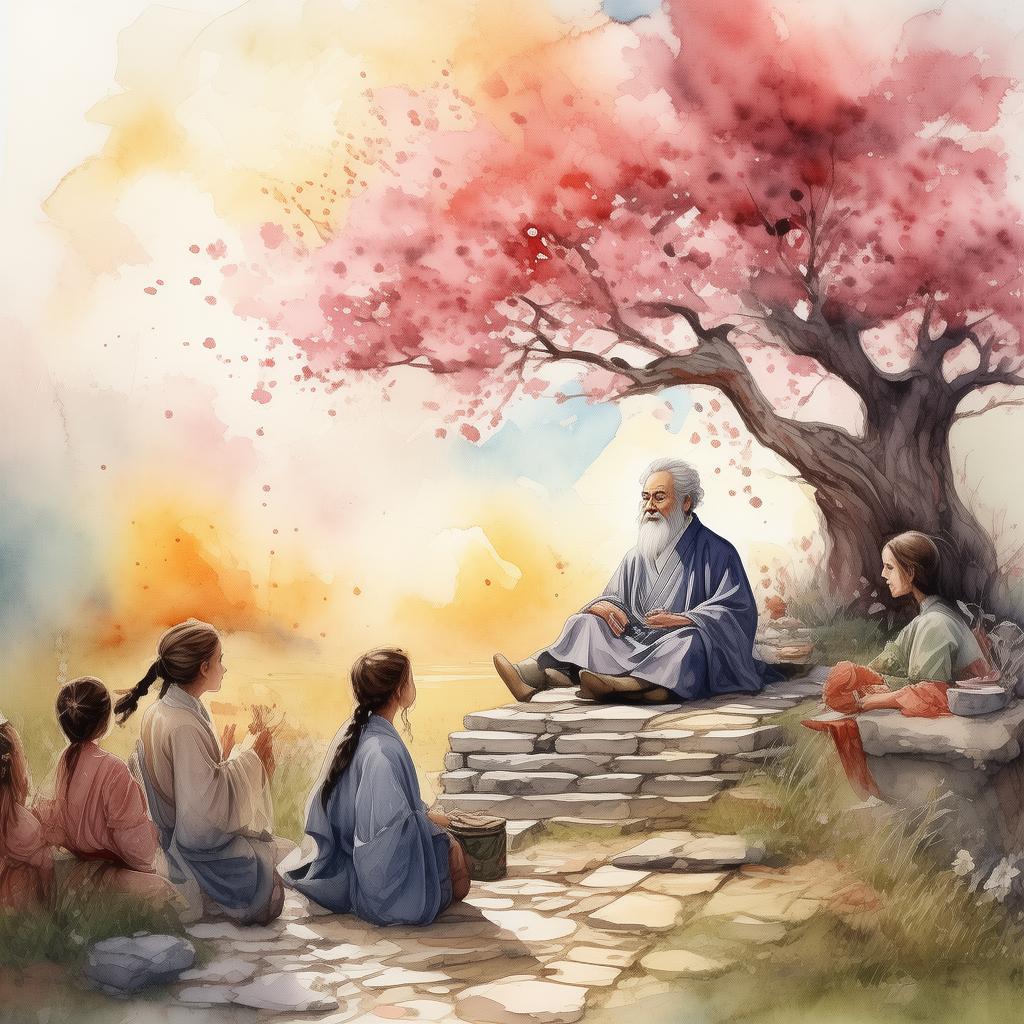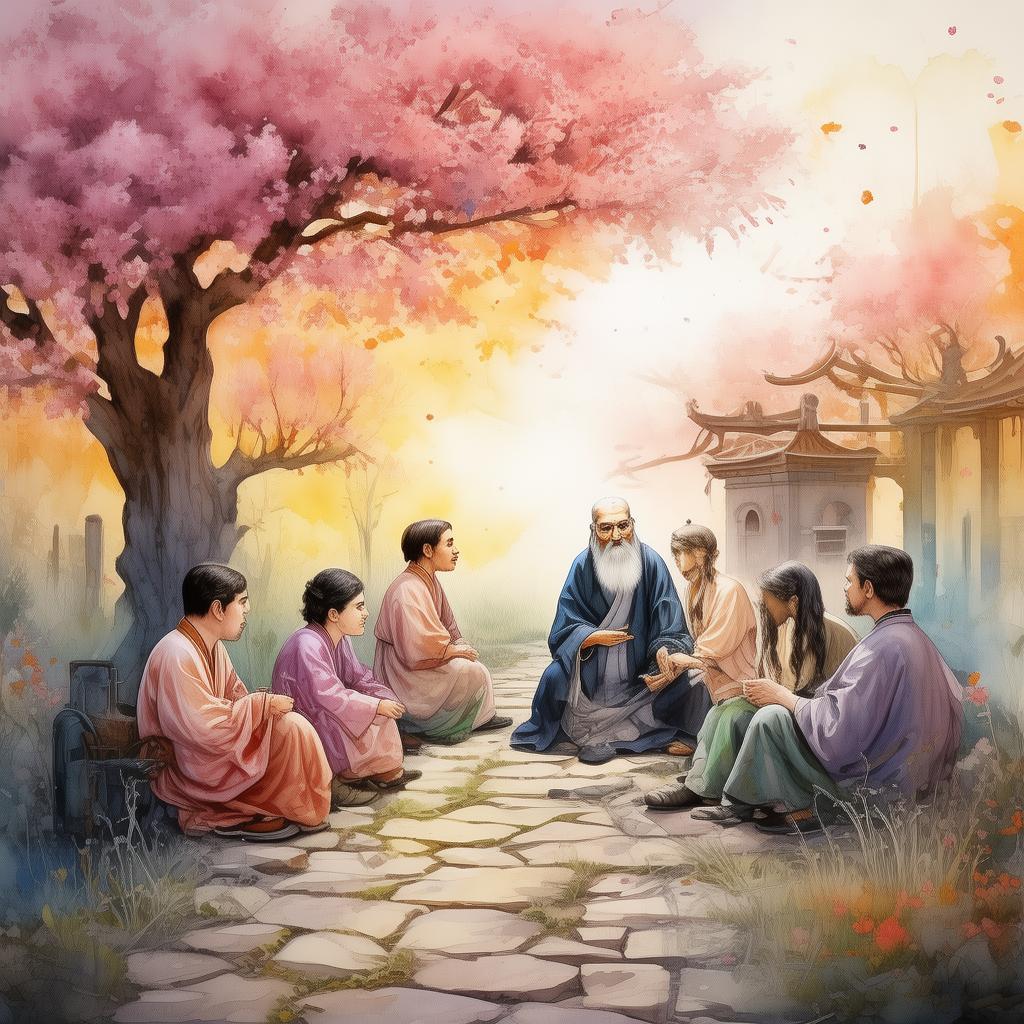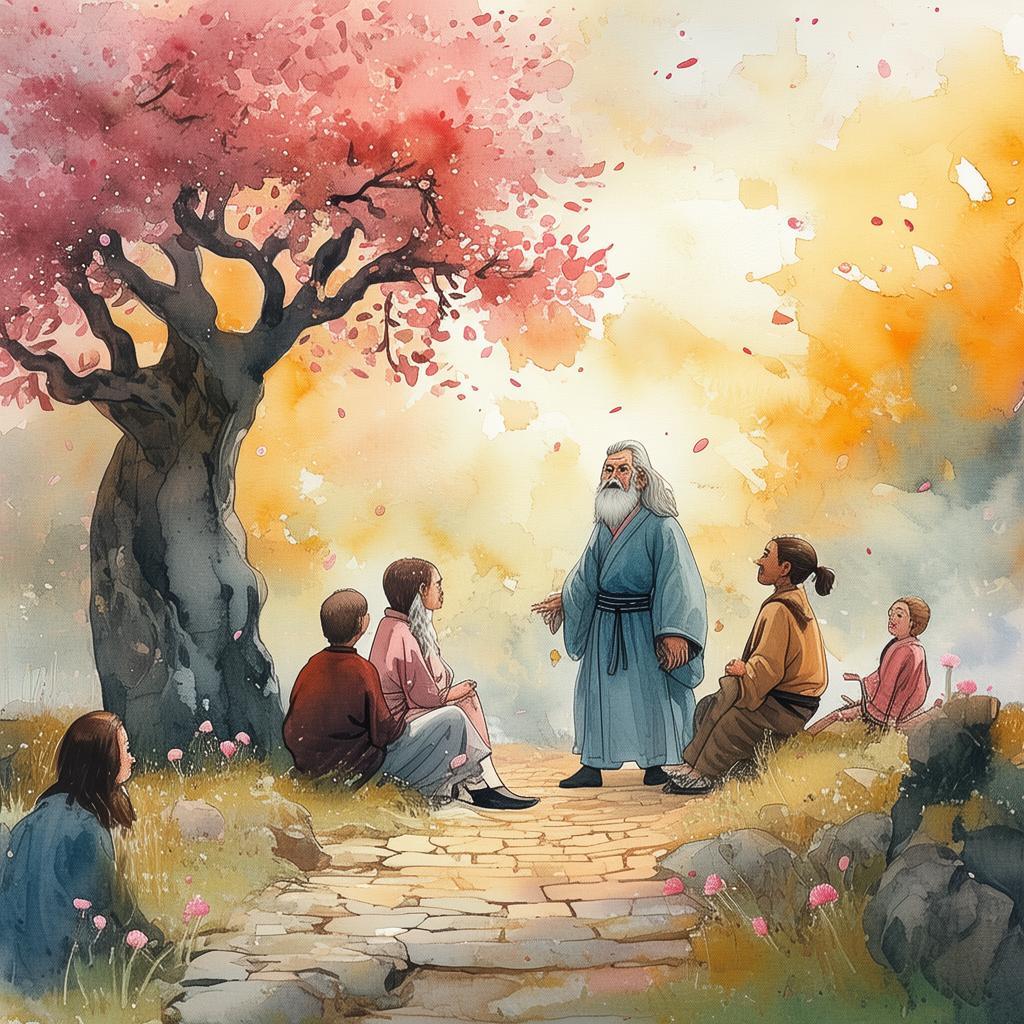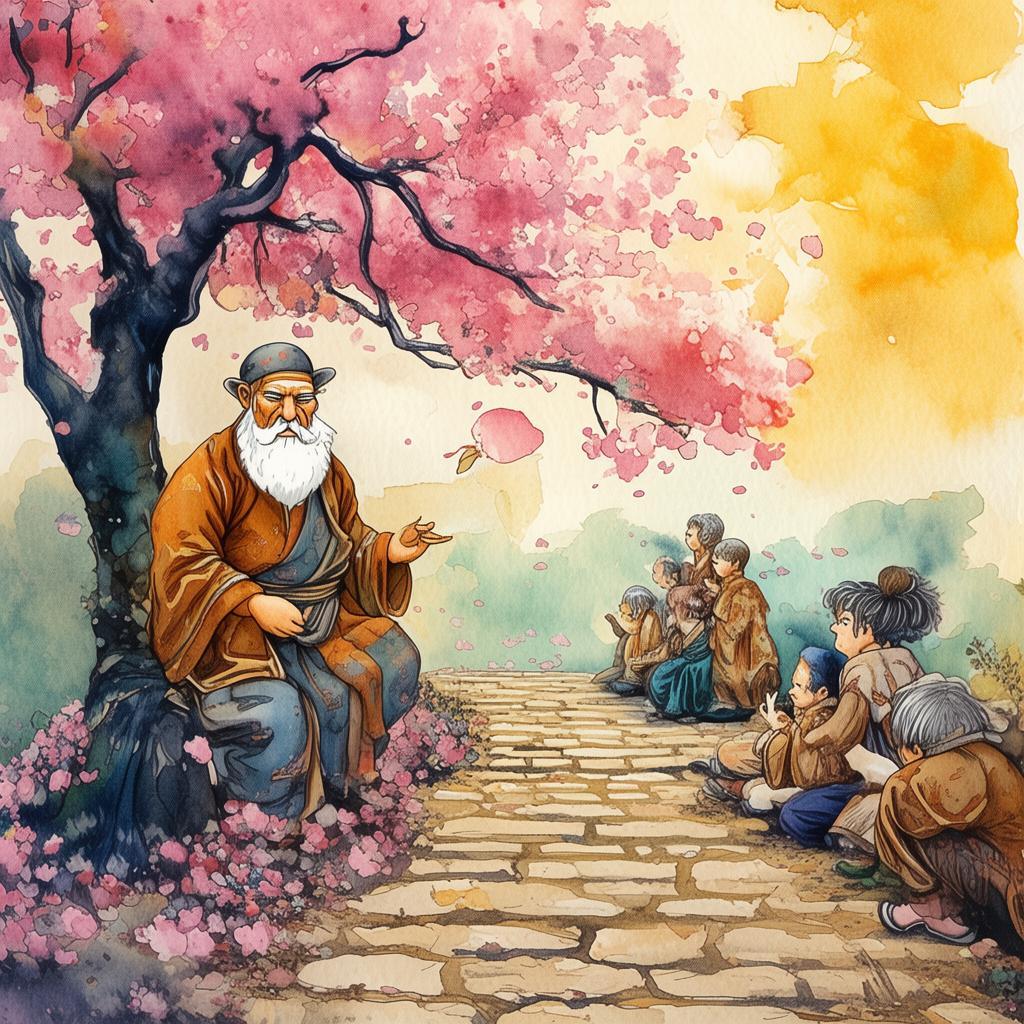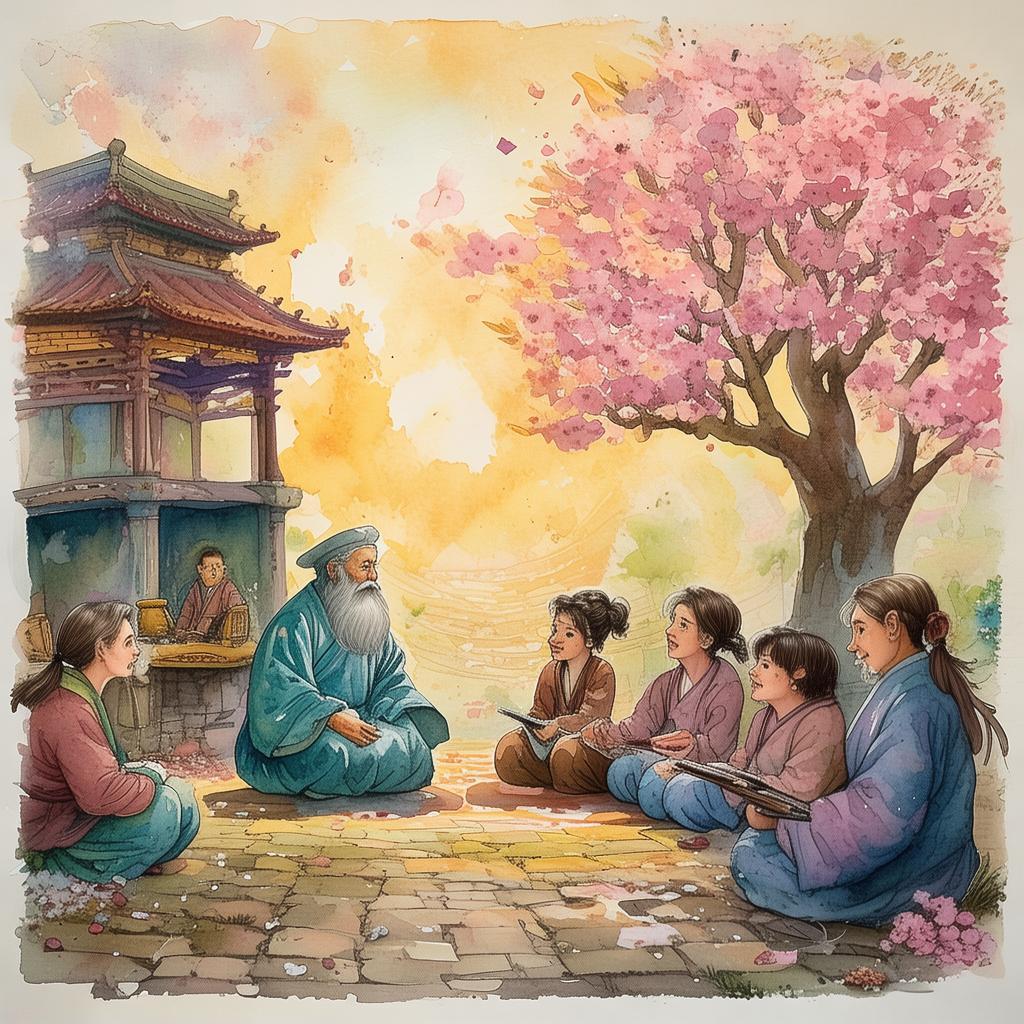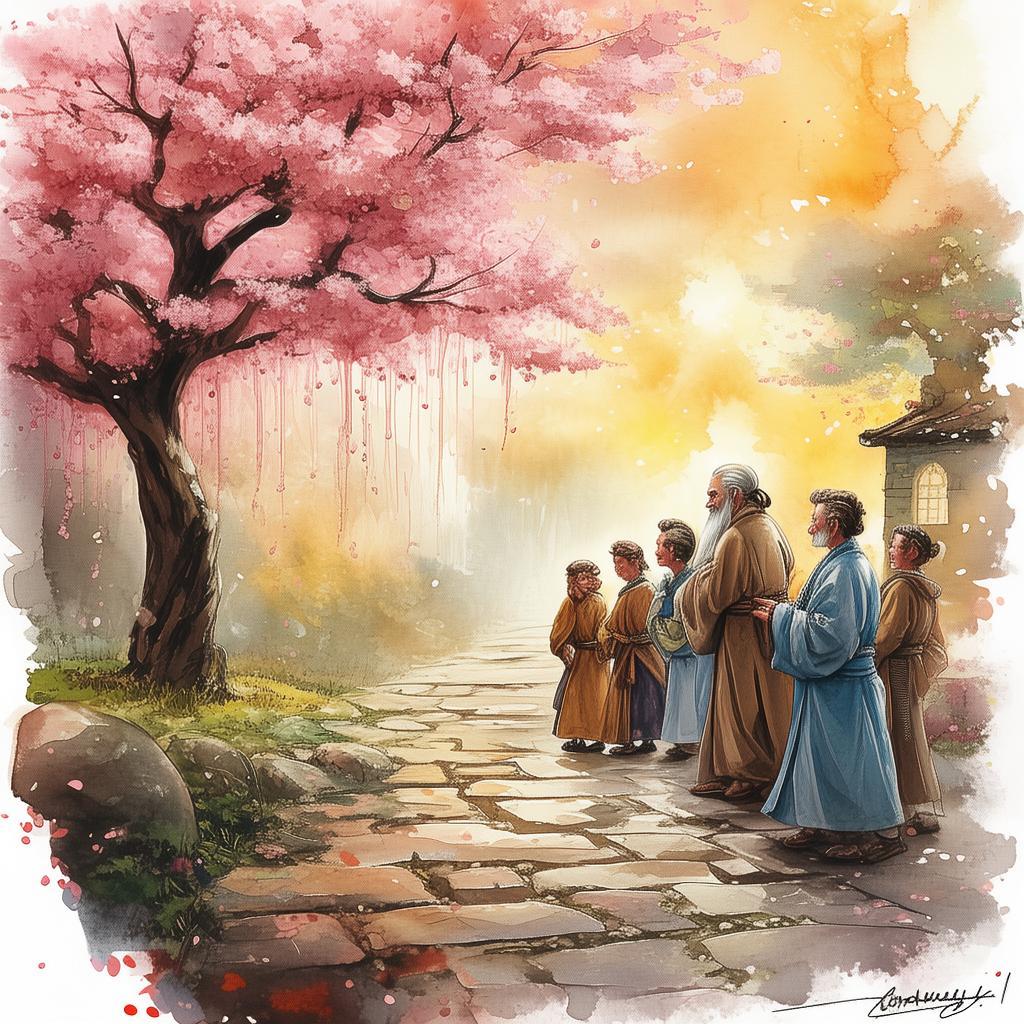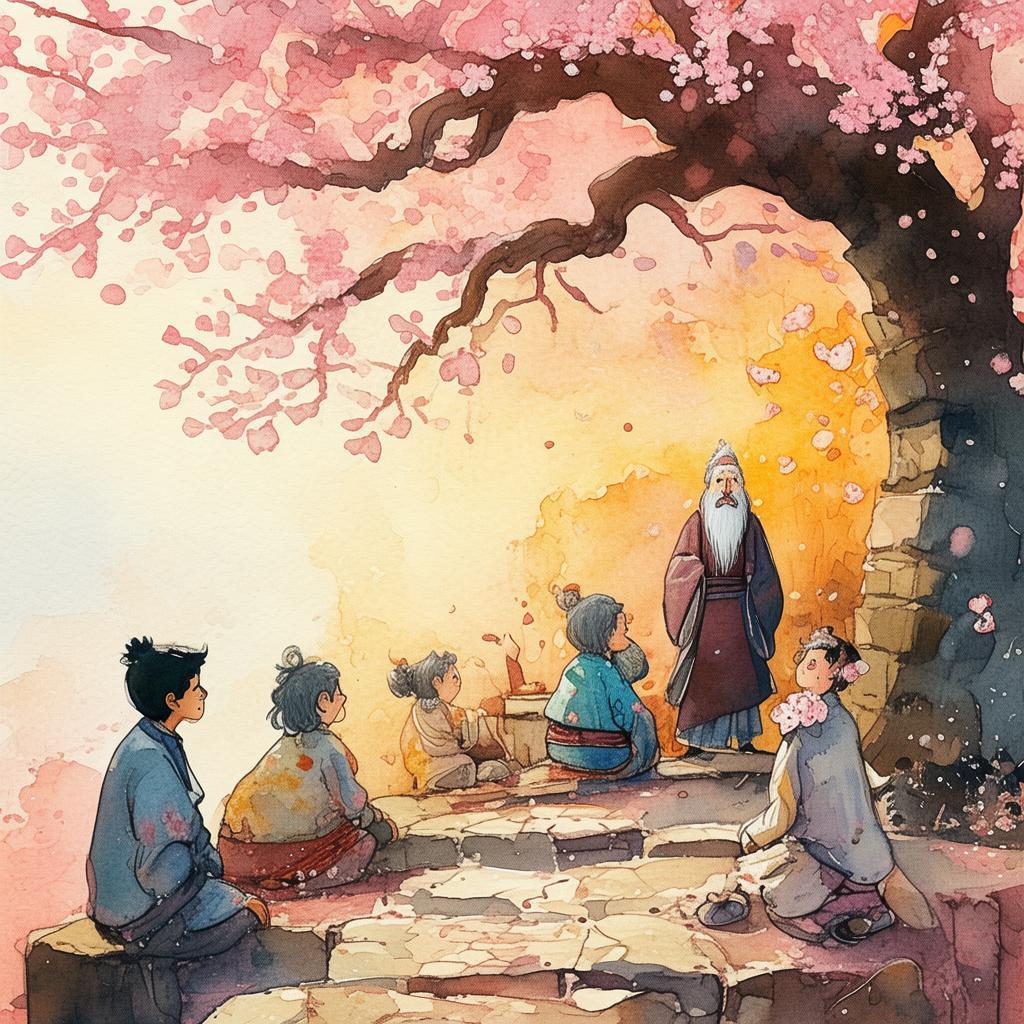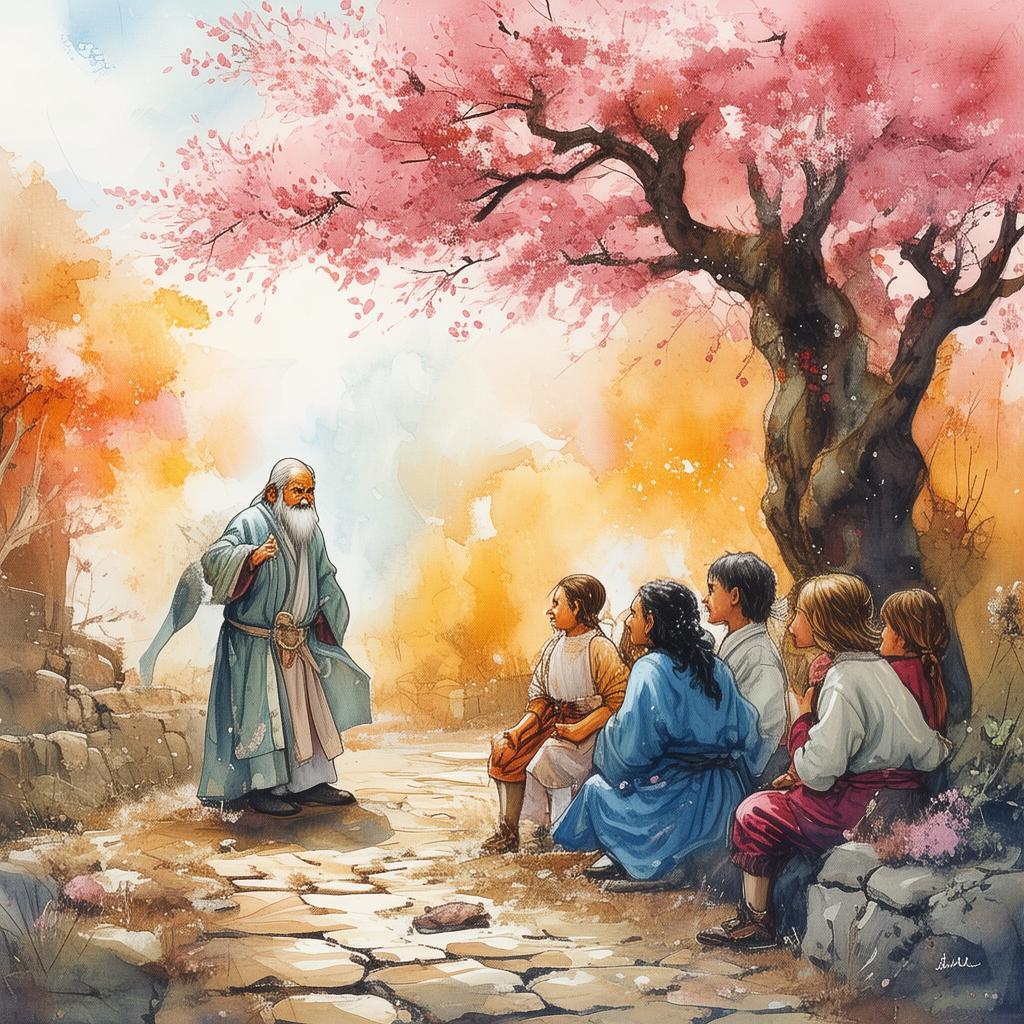The Bamboo Chef's Paradox: A Thriller in the Mirror Dimension
In the quaint village of Jingnan, nestled among lush bamboo groves, there lived a renowned chef named Liang. His culinary skills were unparalleled, and his restaurant, "The Bamboo Chef," was a beacon of culinary excellence. However, Liang harbored a deep secret that he had kept from everyone, including his closest friends and family.
One fateful evening, as the moon hung low in the sky, Liang received a mysterious message. It was a note, folded neatly and slipped under his door. It read, "The Bamboo Chef's Paradox awaits you in the Mirror Dimension." Intrigued yet apprehensive, Liang felt a chill run down his spine. The Mirror Dimension was a place spoken of in hushed tones, a realm where the laws of physics and reality were bent and twisted beyond recognition.
Determined to uncover the truth, Liang set out on a journey that would take him through the looking glass into the Mirror Dimension. His first stop was a peculiar shop, "Whispers of the Mirror," where an old woman with a knowing smile sold him a set of enchanted mirrors. These mirrors were said to reveal the secrets hidden within one's soul.
As Liang gazed into the mirrors, he was startled to see his own reflection transformed into a figure of bamboo, standing in the heart of a bamboo forest. The old woman explained that the Bamboo Chef's Paradox was a riddle that only someone with a heart pure of bamboo could solve. It was a test of his identity and purpose.
Liang's journey took him to the edge of the Mirror Dimension, where he encountered a host of surreal creatures and challenges. He crossed a river made of liquid glass, danced with a tree that sang in a melodious voice, and outwitted a riddle-telling cat that guarded the path to the heart of the paradox.
The paradox itself was a series of riddles and tasks that seemed impossible to solve. Liang, with his bamboo spirit, found himself able to navigate the labyrinth of challenges. One task required him to cook a meal using ingredients that were impossible to find in the Mirror Dimension. With a flick of his bamboo chopsticks, he conjured the most delicious dish he had ever made, using the essence of the dimension itself.
As he approached the final riddle, Liang realized that the paradox was not just a test of his skills but also a reflection of his own life. The riddle asked him to choose between his life as a chef and his life as a bamboo spirit, both of which were integral to who he was. With a deep breath, Liang chose to embrace both identities, recognizing that they were not mutually exclusive but complementary.
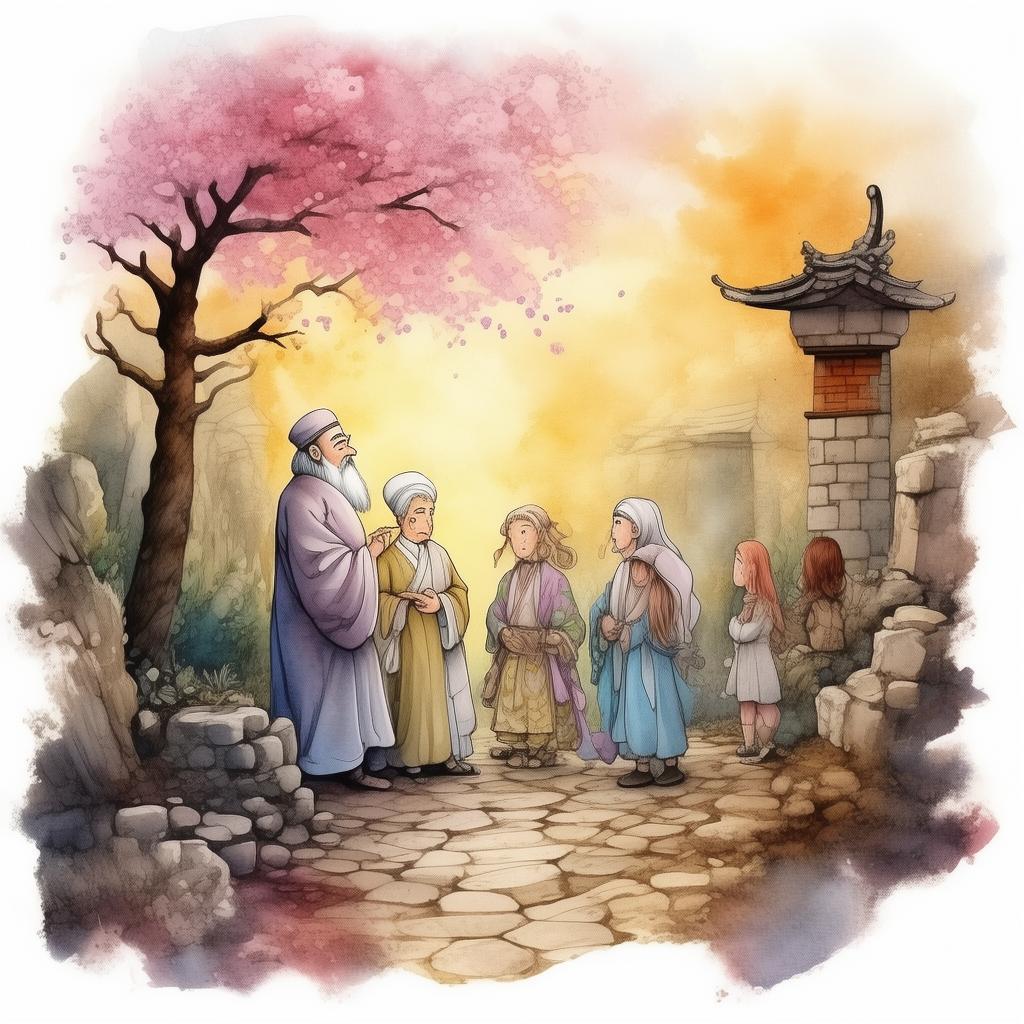
The moment he made his choice, the mirrors began to crack and shatter. The dimension started to collapse, and Liang was forced to make a split-second decision. He leaped into the air, his bamboo spirit merging with his human form, and landed in the village of Jingnan, just as the mirrors shattered completely.
When he awoke, Liang found himself back in his own kitchen, the mirrors lying in ruins. He realized that the entire journey had been a test of his resolve and his identity. The Bamboo Chef's Paradox was a metaphor for the balance between his two lives, and he had successfully navigated the paradox by embracing both.
From that day forward, Liang's restaurant "The Bamboo Chef" became a place where the boundaries between the physical and the spiritual world blurred. The mirrors were no longer just a source of reflection but gateways to the Mirror Dimension, where the true essence of the Bamboo Chef could be found.
As word of his journey spread, the village of Jingnan thrived like never before. Liang's story inspired people to embrace the paradoxes in their own lives, to find the balance between their human and spiritual natures. And so, the tale of the Bamboo Chef's Paradox became a legend, a story that would be told for generations to come.
✨ Original Statement ✨
All articles published on this website (including but not limited to text, images, videos, and other content) are original or authorized for reposting and are protected by relevant laws. Without the explicit written permission of this website, no individual or organization may copy, modify, repost, or use the content for commercial purposes.
If you need to quote or cooperate, please contact this site for authorization. We reserve the right to pursue legal responsibility for any unauthorized use.
Hereby declared.
